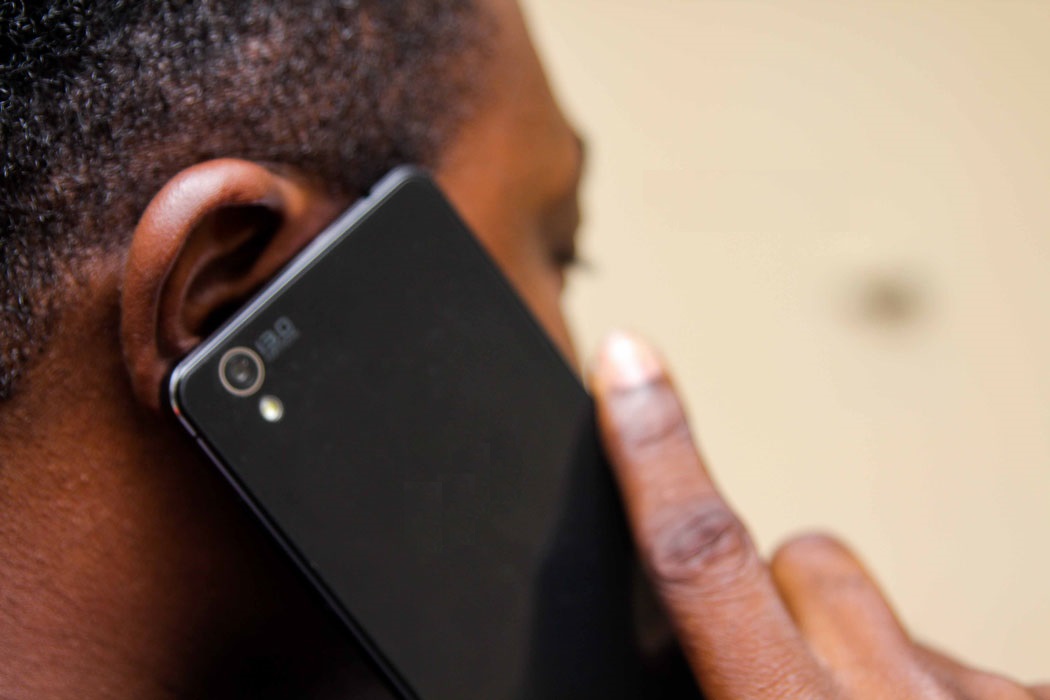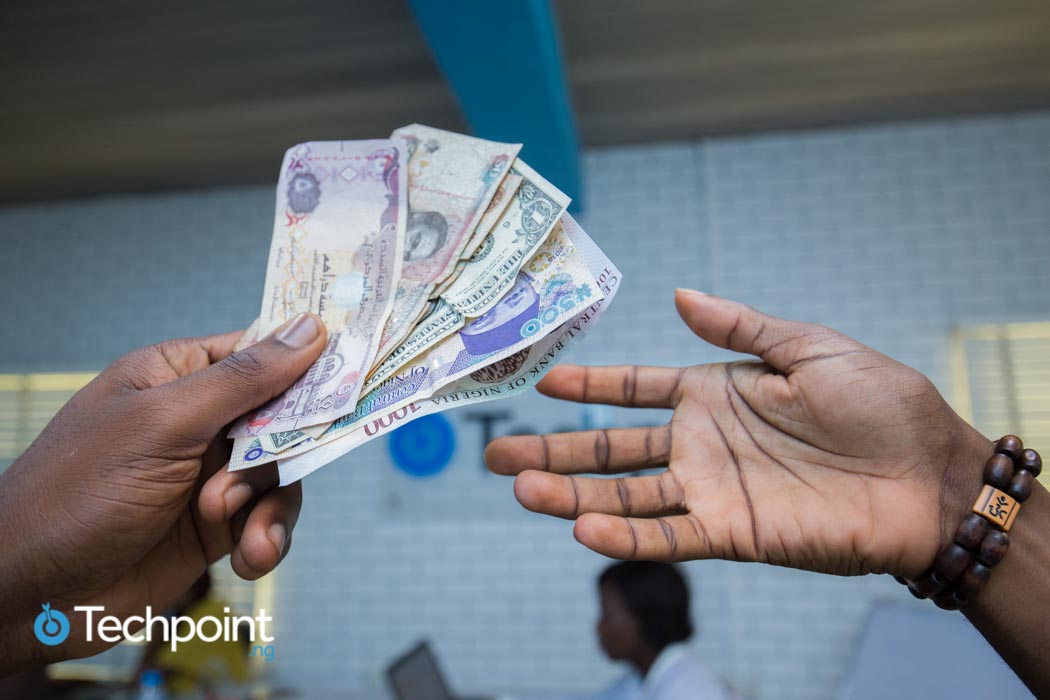- Martin Griffiths, the UN Relief Coordinator, has called for an end to Sudan's Internet shutdown, describing it as "unacceptable" and urging immediate action.
- During the Internet shutdown, it is challenging to communicate, send money, obtain basic services, and attend to humanitarian needs.
- MTN, Zain Sudan, and the state-owned Sudatel Telecom Group are among the impacted telecommunications companies that have disconnected over 14 million Internet users nationwide.
The UN Office for the Coordination of Humanitarian Affairs (OCHA) projects that in 2024, close to 25 million people in Sudan will need humanitarian aid, which aligns with the country's greatest need for help and the timing of Sudan's Internet outage.
However, the Sudanese paramilitary Rapid Support Forces, fighting the Sudan Army, is currently using Starlink technology, according to sources familiar with the RSF, which has had access to it since August 2023.
Starlink has launched in over eight African countries, including Kenya, Rwanda, and South Africa, and has partnered with the MTN Group, a South African telco.
Nonetheless, it is illegal in some countries, including Zimbabwe, Ghana, and Botswana, where the distribution of Starlink is subject to sanctions.
Following the shutdown of the Sudan Internet, the internet satellite service has reportedly grown in popularity. Users reportedly ship Starlink through RSF-controlled locations via South Sudan and Chad.
According to reports, RSF-friendly traders in one of the states charge civilians up to $2 per hour to use Starlink services.
RSF is said to be responsible for the Internet blackout following a loss of connectivity it experienced in its stronghold, western Darfur.
While Zain Sundan engineers have been unable to restore connections in Darfur due to insecurity and fuel and electricity shortages, the telco's CEO, Alfatih Erwa, stated, "The RSF insisted they would shut down the internet from the entire country if we did not bring the internet back to Darfur."






















